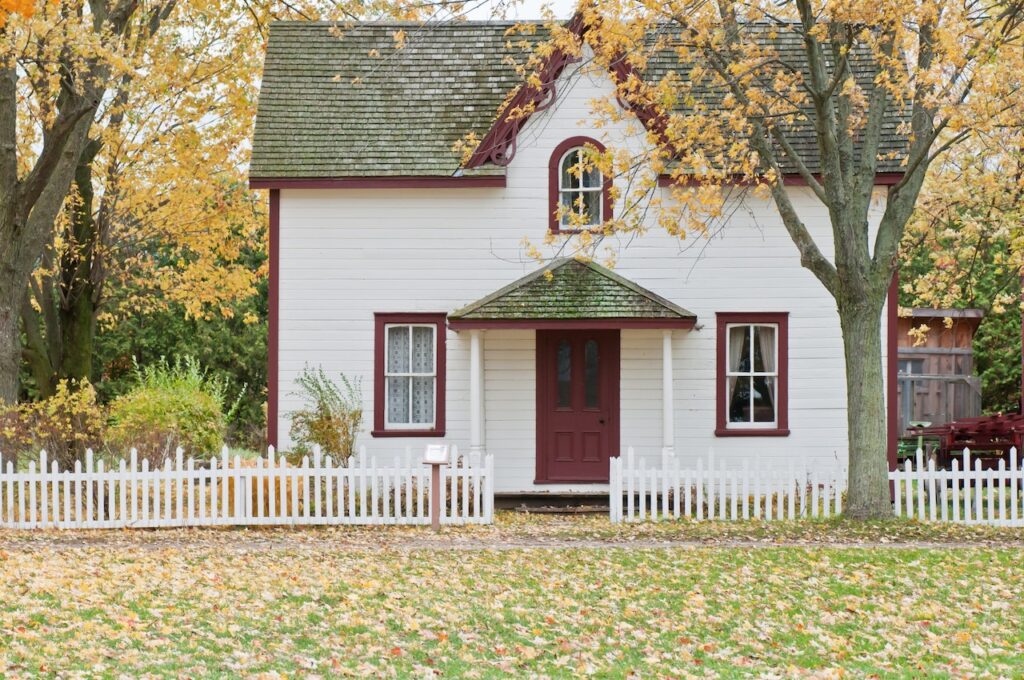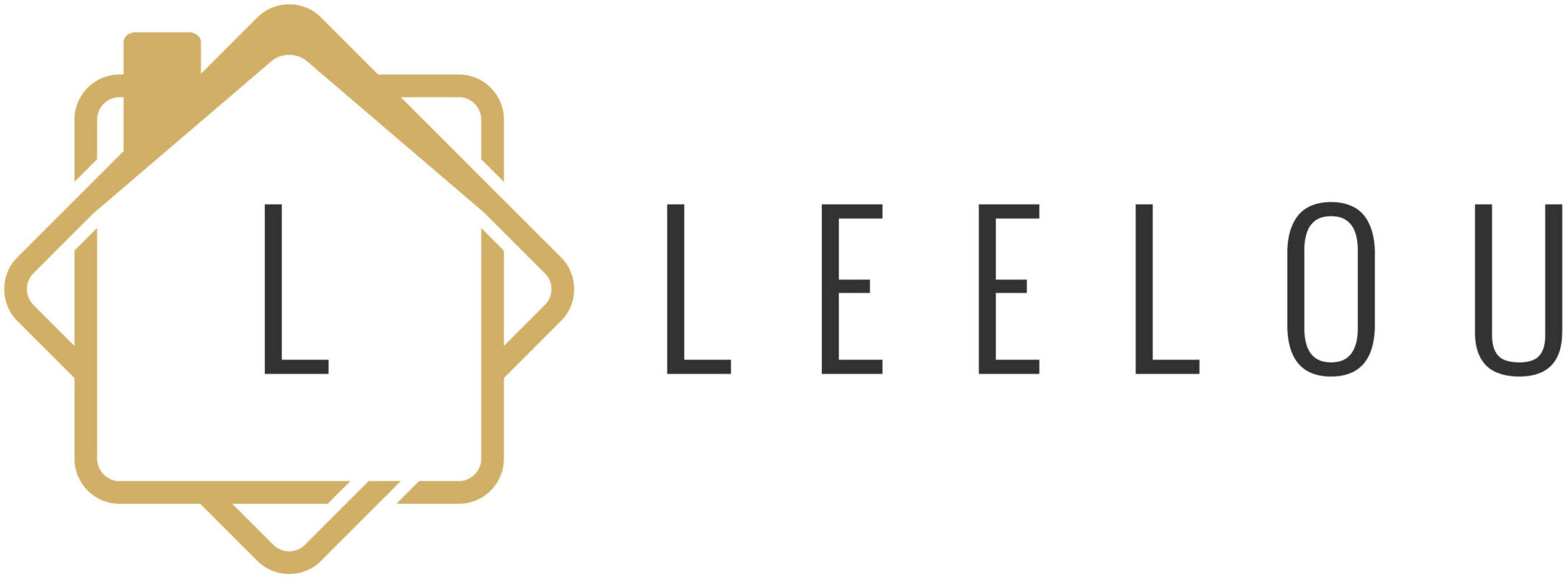
If you’re a home buyer, seller, or real estate investor, you’re probably keeping a close eye on interest rates. Unfortunately, interest rates have steadily increased over the last several months. From March 2020 to July 2023, the Feds have voted to increase the Federal Fund Rate eleven times.
But do increases in the Federal Fund Rate really impact the housing market? Can these increases raise home prices? Actually, increases in the Fed rate directly affect mortgage rates, which have a significant impact on the housing market.
This article details the factors that impact the relationship between interest rates and home prices, and what this means for buyers, sellers, and investors.
Affordability and Purchasing Power
Interest rates directly impact the cost of home ownership. When interest rates are higher, owning a home becomes more expensive. For instance, if you purchase a home for $240,000 with a 30-year term and a 4.99% interest rate, your monthly mortgage payment will be $1,341. However, if the interest rate is 7.99%, your monthly payments will be $1,833. This 3% increase in interest rates can raise the cost of homeownership by $492 per month, or $5,904 per year.
It’s easy to see how lower interest rates can attract more homebuyers. This increased demand can cause home prices to rise. For nearly a decade preceding the global pandemic, interest rates were very favorable, and the housing market performed well. Following the pandemic, fluctuating inflation affected various industries, including the housing market. Rising prices enticed more homeowners to sell, as the value of their homes increased, and motivated homebuyers to purchase homes before the costs continued to rise.
During periods of inflation, the Federal Reserve often raises interest rates to slow down consumer spending and curb rising costs. This rise in interest rates also increases home costs, which may make it difficult for some homebuyers, especially first-time buyers, to afford and obtain a mortgage.
A decrease in homebuyers on the market leads to lower demand, often resulting in a drop in home prices.
Demand for Housing
Supply and demand directly impact the price of all consumer goods, including groceries, clothes, electronics, cars, and homes. Generally, when demand for a product increases, its cost goes up. Conversely, when demand falls, so do prices. In the housing market, home prices often rise when more people are looking to purchase homes.
Supply is closely linked to demand. When there is enough supply to meet the current demand, prices remain stable. However, when there is an excess supply of homes for sale or new construction compared to the number of buyers and investors, home prices can decline. The opposite happens when the supply does not meet the demand.
For example, the construction of new homes directly increases the supply in the housing market. So, when the construction industry faced challenges due to increased building material and labor costs, it reduced the supply in the housing market.
Refinancing Activity
Most homeowners aim to keep their mortgage costs as low as possible. For this reason, homeowners may choose to refinance their mortgage to obtain better interest rates. However, when interest rates rise, the desire to refinance decreases.
The most recent refinancing boom occurred just after COVID-19, when an estimated 14 million mortgages went through the refinancing process. These homeowners secured low interest rates, reducing their motivation to sell their current homes. This affects both supply and demand as more homeowners choose to stay in their homes.
Real Estate Investment Returns
At first glance, higher interest rates may seem unfavorable for potential home buyers as well as investors. However, higher interest rates can create an ideal market for certain investors. While it’s true that higher interest rates can lead to lower returns on investment, there are other factors that can still make real estate investing attractive.
Firstly, with decreasing demand in the housing market, investors may have the leverage to negotiate better deals with sellers, resulting in lower home prices or closing costs. Secondly, many investors can leverage the equity built up in other properties to secure more favorable interest rates.
Lastly, a slowing housing market can create an ideal climate for rental properties. With fewer first-time homebuyers in the market, the demand for rental properties can increase. While investors may see lower returns on investment, they can still achieve higher net operating income when purchasing rental properties.
Market Competitiveness
The competitiveness of the housing market directly influences home prices. However, this level of competition can vary significantly from location to location and even from house to house. For example, homeowners in highly desirable cities or neighborhoods may still see their home prices rise, even when the housing market is slowing down. Conversely, homeowners in cities experiencing a recent increase in crime or a shutdown of a major employer may see their home prices drop, even in a robust housing market.










